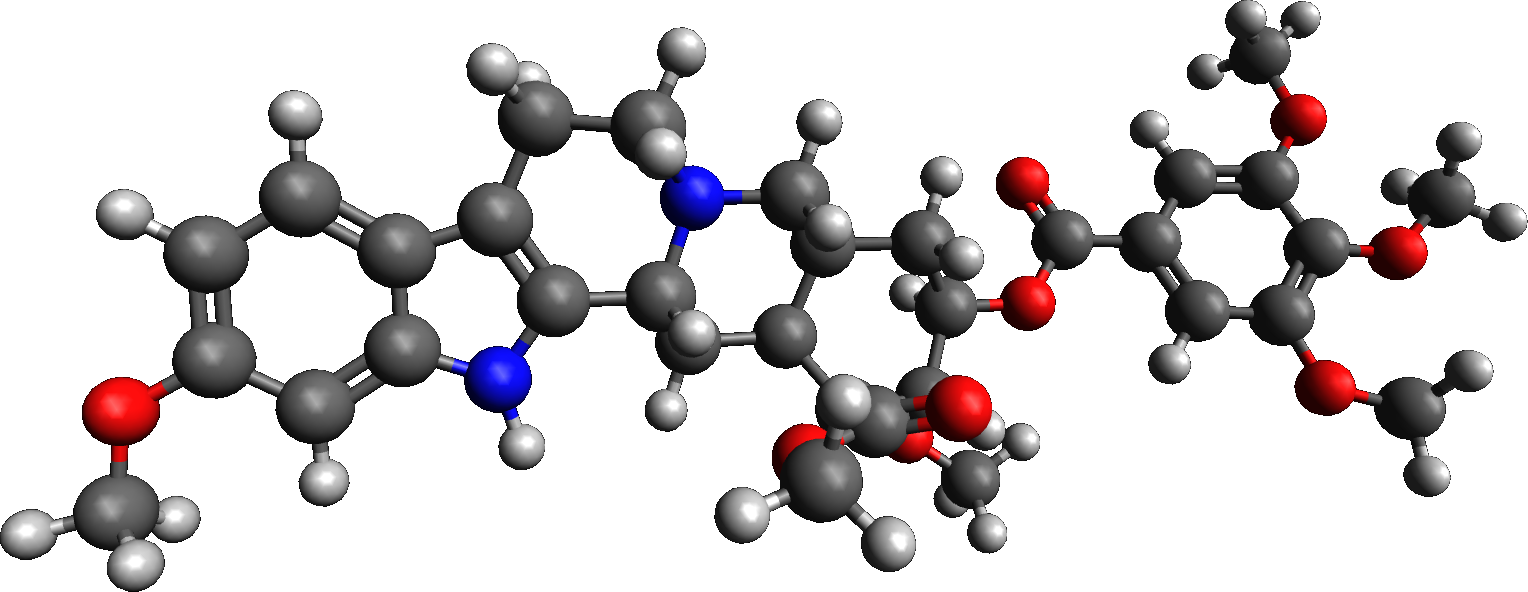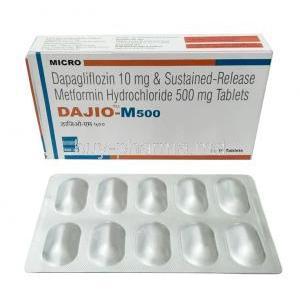Reserpine
- I. Introduction
- II. Composition of Reserpine
- III. How Reserpine Works
- IV. Uses of Reserpine
- V. Off-Label Uses
- VI. Dosage and Administration
- VII. Side Effects of Reserpine
- VIII. Interaction with Other Medications
- IX. Warning and Contraindications
- X. Careful Administration and Important Precautions
- XI. Administration to Special Populations
- XII. Overdosage and Its Management
- XIII. Handling Precautions
- XIV. Conclusion
I. Introduction
Brief History of Reserpine
Reserpine, first discovered in the roots of the serpentine plant, has attracted attention in medicine since the 1950s. It became well known for its calming properties.
Overview of Medical Conditions Treated
High blood pressure Mental illnesses It's crucial to have an understanding of the wide range of clinical uses in order to approach treatment comprehensively.
Importance of Understanding Its Uses and Risks
Reserpine should not be underestimated in terms of its effects. It is crucial to understand its potential side effects, contraindications, and possible, off-label applications before administering it responsibly.
II. Composition of Reserpine
Chemical Structure and Properties
Reserpine chemical makeup is known for its structure, consisting of several aromatic rings, functional groups, and chiral centers. As a result, it possesses properties that are both lipophilic and hydrophilic.

Active and Inactive Ingredients
The primary reason for the impact of Reserpine is its active component. Additionally, inactive substances such as binders, fillers, and preservatives are incorporated to ensure the drug's stability and longevity.
Available Forms: Tablets, Injectable Solutions
Reserpine is sold in two forms: tablets and injections. This variety of options allows healthcare professionals to create a treatment plan that is customized to each patient's needs.
III. How Reserpine Works
Mechanism of Action on Neurotransmitters
Reserpine works by regulating the levels of neurotransmitters through the inhibition of monoamine transporters. This limits the storage of dopamine, serotonin, and norepinephrine in vesicles.
Impact on Blood Pressure and Mental Health
Reserpine can alleviate symptoms of hypertension and certain psychotic disorders by decreasing the concentrations of neurotransmitters. This demonstrates the compound's ability to have an impact on systems within the body.
Long-Term and Short-Term Effects
Short-term use of this medication may cause feelings of dizziness and nausea. However, it is essential to monitor individuals who take it over a long period due to the potential risks, to their heart health and psychological well-being.
IV. Uses of Reserpine
FDA-Approved Uses
Reserpine works by depleting the levels of certain neurotransmitters such as norepinephrine, dopamine, and serotonin in the brain and peripheral tissues, which can affect the heart rate, blood vessel tone, and mood123. Reserpine is an old drug that has been used since the 1950s, but it is not very popular nowadays due to its potential side effects such as depression, anxiety, sedation, nasal congestion, and sexual dysfunction123. Reserpine may be considered as an alternative or adjunctive treatment for patients with hypertension or psychosis who are resistant or intolerant to other drugs14.
1: Reserpine Uses, Side Effects & Warnings - Drugs.com 2: Reserpine: Blood Pressure Uses, Warnings, Side Effects, Dosage 3: Reserpine - Wikipedia 4: Reserpine: A New Consideration of an Old Drug for Refractory Hypertension - Oxford Academic Journals
Efficacy and Treatment Duration
reserpine has shown effectiveness in reducing mortality of people with hypertension, usually in combination with other drugs, in large clinical trials1. However, the duration of treatment may vary depending on the condition, the dose, and the individual response to reserpine. For example, some clinical trials have used reserpine for 1 to 4 years for hypertension2, while some guidelines suggest 4 to 12 months for depression3. The duration of treatment should be determined by the doctor based on the patient’s needs and risks. Reserpine may cause some negative impacts such as depression, anxiety, sedation, nasal congestion, and sexual dysfunction, which may be dose-dependent and reversible after discontinuation13. Therefore, it is crucial to adjust the duration of treatment to minimize any potential negative impacts.
1: Reserpine - Wikipedia 2: DRAFT ICH CONSENSUS P 3: Common Questions About the Pharmacologic Management of Depression in Adults - AAFP
V. Off-Label Uses
Anxiety Management
Reserpine may also have other neurotoxic effects such as sedation, parkinsonism, and cognitive impairment3. Therefore, reserpine is not a recommended treatment for anxiety and its use should be carefully monitored by a doctor.
1: A Clinical Comparison Study of the Effects of Reserpine and Placebo on Anxiety and Depression - JAMA Network 2: A Clinical Trial of Reserpine in the Treatment of Anxiety - Cambridge University Press 3: Reserpine-Induced Depression and Other Neurotoxicity: A Review - Springer
Alternative Treatments for Migraine
Its ability to regulate the levels of neurotransmitters makes it an exciting option for preventing migraines.
Use in Veterinary Medicine
as reserpine is a drug that can bind to neurotransmitter storage vesicles and deplete serotonin, norepinephrine, and dopamine in the brain and peripheral tissues12. This can result in a mild sedative effect that can last for several days or weeks12. Reserpine is sometimes used in horses to treat behavioral issues and manage anxiety, especially when they are on enforced rest or stall confinement2. Reserpine may also be used in other animals, such as dogs, cats, cattle, and pigs, for similar purposes3. However, reserpine is not approved by the FDA for veterinary use and its use should be carefully monitored by a veterinarian, as it may have adverse effects such as depression, colic, diarrhea, hypotension, and arrhythmias23.
1: How long does it take reserpine to work in horses? - Arew 2: Reserpine for horses: Uses, Dosage & Side Effects - Wedgewood Pharmacy 3: Tranquilizers, Sedatives, and Analgesics - Merck Veterinary Manual
Current Research on Additional Applications
Ongoing research is being conducted to explore possibilities for therapeutic applications, particularly in the treatment of neurodegenerative diseases.
VI. Dosage and Administration
General Dosage Guidelines
Dosage schedules. It should be tailored to each patient based on the severity of their condition, individual characteristics and factors related to how the medication is processed in the body.
Route of Administration
Oral and injectable routes are the frequently used methods of administration.
Adjusting Dosage for Special Populations
Some older patients, children, and individuals with kidney or liver issues might need to have their medication doses adjusted to achieve the treatment results while keeping the risk of harmful effects as low, as possible.
VII. Side Effects of Reserpine
a. Common Side Effects
b. Severe Side Effects
Cardiac risks may involve slowing the heart rate (bradycardia) and irregular heartbeats (arrhythmias). On the side there is a possibility that individuals may experience feelings of sadness or in severe situations have thoughts, about self-harm.
c. Reporting Side Effects
It is important to inform healthcare providers about any adverse effects so that they can be managed appropriately and, if needed reported for pharmacovigilance purposes.
VIII. Interaction with Other Medications
Blood Pressure Medications
When Reserpine is taken with medications used to lower high blood pressure, it can cause a significant drop in blood pressure. To ensure safety and effectiveness, it is essential to adjust the dosage and regularly monitor the response to treatment.
Antipsychotics and Antidepressants
Using Reserpine in conjunction with antidepressant medications requires caution as it may enhance neurological side effects or compromise the effectiveness of the treatment.
Risk of Serotonin Syndrome
Symptoms to watch out for include hyperthermia, confusion, and dilated pupils. It is crucial to seek medical assistance in such situations. Taking medications that affect serotonin levels makes it even more important to be cautious, as the risk of developing Serotonin Syndrome, a potentially life-threatening condition, increases significantly.
Consultation with Healthcare Providers
Before starting a treatment plan involving Reserpine make sure to have a discussion with your healthcare provider about any other medications you may be taking. This is important to prevent any interactions between drugs.
IX. Warning and Contraindications
Medical Conditions That Preclude Use
Reserpine should not be used in ulcers, active gastrointestinal bleeding, or certain types of cardiac arrhythmias.
Drug Allergies
If someone has a known sensitivity, to Reserpine or any of its ingredients, it is important to consider treatment options.
.jpg)
Potential for Dependency and Abuse
While it is not very common there is a possibility of developing a psychological dependence. Therefore, it is crucial to have supervision and conduct regular evaluations.
X. Careful Administration and Important Precautions
Liver and Kidney Function Monitoring
Monitoring liver and kidney function through tests is recommended because the drug undergoes changes in the body and is eliminated through these organs.
Precautions for Patients with Cardiovascular Issues
Individuals with preexisting heart conditions may require adjustments to their medication dosage—increased monitoring for any changes, in their electrocardiogram.
Avoiding Alcohol and Other Depressants
Reserpines sedative effects can be intensified when combined with alcohol and CNS depressants. Therefore, it is essential to avoid consuming these substances while undergoing treatment.
XI. Administration to Special Populations
a. Elderly Patients
Dosage Adjustments
The dosage of medications needs to be adjusted in older individuals due to changes in how their bodies process and respond to drugs to prevent any potentially harmful effects.
Monitoring for Cognitive Changes
Regular evaluations of function are necessary to determine if there are any negative impacts, on brain health.
b. Pregnant Women and Nursing Mothers
Risks and Research Data
The limited availability of data on the potential harmful effects of Reserpine during pregnancy requires that it be administered with caution, to women who are pregnant.
Alternative Treatments
It is crucial to seek advice from healthcare professionals in order to evaluate the balance, between risks and benefits. If necessary they can also help explore alternatives.
c. Administration to Children
Safety Profiles
The safety of Reserpine, in children is not fully understood,. It is generally avoided in pediatric populations.
Pediatric Dosage Guidelines
If Reserpine is considered necessary it is important to follow guidelines, for dosing in children and monitor them regularly.
XII. Overdosage and Its Management
Symptoms of Overdose
Manifestations may encompass low blood pressure slow heart rate and in severe instances a state of unconsciousness.
Emergency Procedures and Treatments
In situations of overdose it is crucial to seek medical attention and administer gastric lavage along, with other necessary supportive treatments.
Long-Term Consequences
Uncontrolled overdose can lead to term neurological or cardiac problems emphasizing the importance of careful monitoring.
XIII. Handling Precautions
Safe Storage Conditions
The ideal conditions, for preserving the effectiveness of Reserpine involve a moderate ambient temperature and low humidity levels.
Proper Disposal Methods
It is necessary to comply with both state regulations regarding the disposal of pharmaceutical waste.
Avoiding Contamination
When it comes to dealing with forms it is crucial to use sterile techniques in order to prevent any microbial contamination.
XIV. Conclusion
Summary of Key Points
Reserpine is a drug that shows promise, for treating various conditions but it also carries risks that require careful administration.
Consultation with Healthcare Professionals
A comprehensive approach that involves doctors, pharmacists and other healthcare professionals is essential to ensure the utilization of Reserpine.
Future Research Directions
Recent research offers prospects for better understanding the intricate pharmacological aspects of Reserpine, which could potentially open up new avenues, for innovative therapeutic applications.











